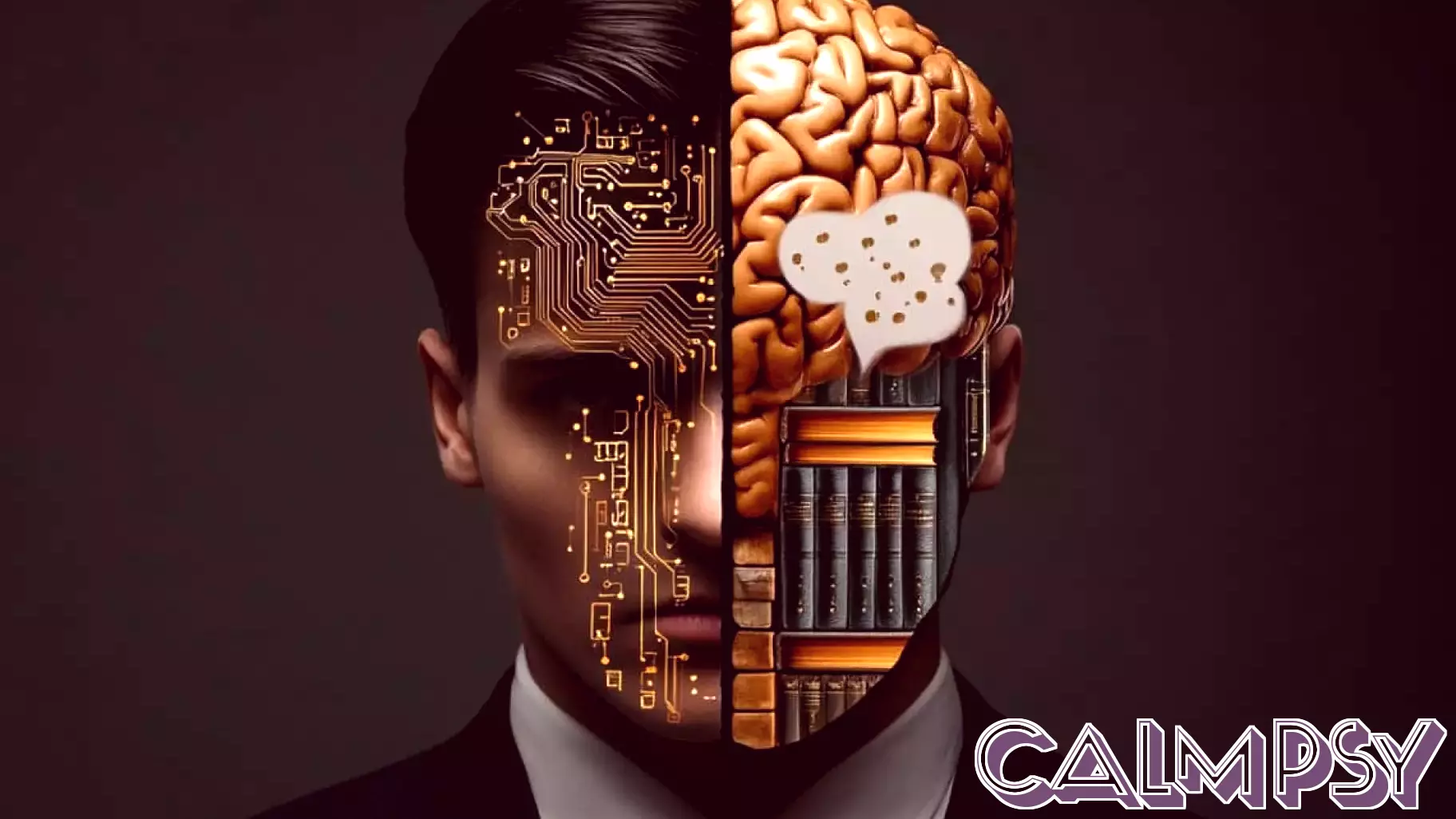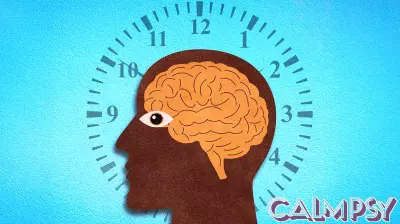The Impact of Psychology on the Development of Artificial Intelligence
April 14, 2025 - 04:17

Psychology has been instrumental in the evolution of artificial intelligence, offering foundational insights into learning, cognition, and behavior that have shaped key AI technologies. As researchers delve into the intricacies of human thought processes, they draw parallels to machine learning algorithms and neural networks. The understanding of cognitive functions, such as perception, memory, and decision-making, has led to the creation of more sophisticated AI systems that can mimic human-like reasoning.
Moreover, psychological principles have guided the design of user interfaces and interactions, ensuring that AI systems are not only functional but also user-friendly. This integration of psychological insights helps in creating AI that can adapt to individual user needs and preferences, enhancing overall user experience. As the field of AI continues to advance, the collaboration between psychology and technology is expected to deepen, paving the way for innovations that could revolutionize industries ranging from healthcare to education. The ongoing interplay between these disciplines highlights the importance of understanding human behavior in the quest to develop intelligent machines.
MORE NEWS

February 21, 2026 - 04:49
New Theory of Learning Upends the Lessons of Pavlov’s DogA groundbreaking new theory is poised to rewrite a fundamental chapter in psychology, directly challenging the legacy of Pavlov`s famous dogs. For over a century, the principle of...

February 20, 2026 - 03:37
Psychology says people who pick up litter even when no one is watching usually display these 7 traits that are becoming increasingly rareIn a world where actions are often performed for social validation, a simple, unobserved act—picking up a stray piece of litter—can speak volumes about a person`s character. Psychologists note...

February 19, 2026 - 09:31
Psychology says the reason you feel exhausted after doing nothing all day isn't laziness — it's that unresolved decisions drain more energy than physical effort ever couldIf you`ve ever collapsed on the sofa after a seemingly lazy day, bewildered by your own fatigue, psychology points to a clear culprit: your unmade decisions. The mental load of unresolved choices�...

February 18, 2026 - 23:26
Meredith Professor Elected as President-Elect of the Society of Occupational Health PsychologyDr. Leanne E. Atwater, the program director for the Master of Arts in Industrial-Organizational Psychology program at Meredith College, has been elected as the President-Elect of the Society of...